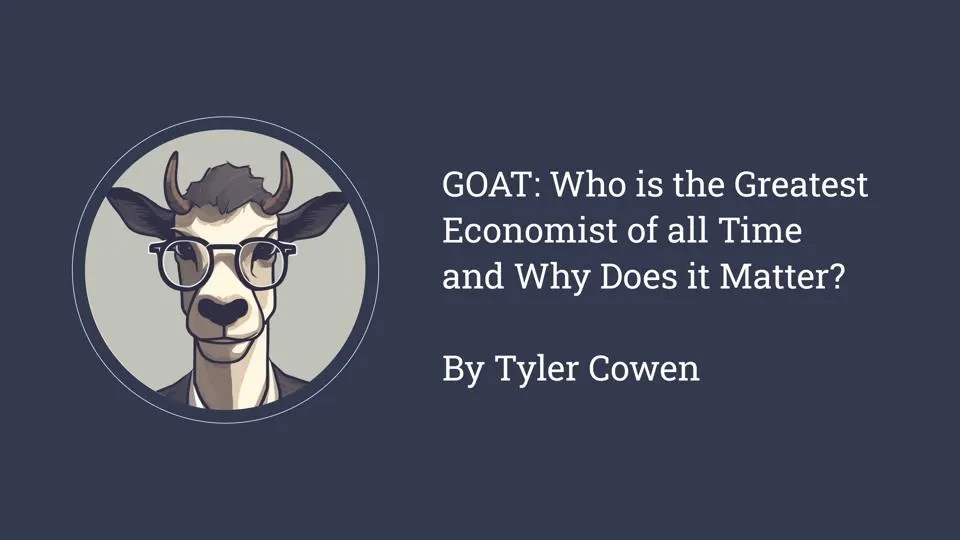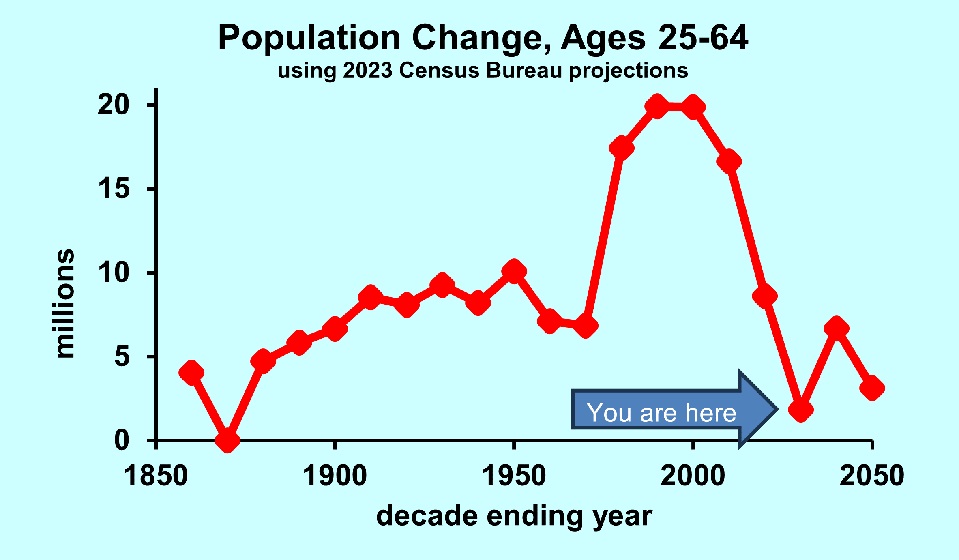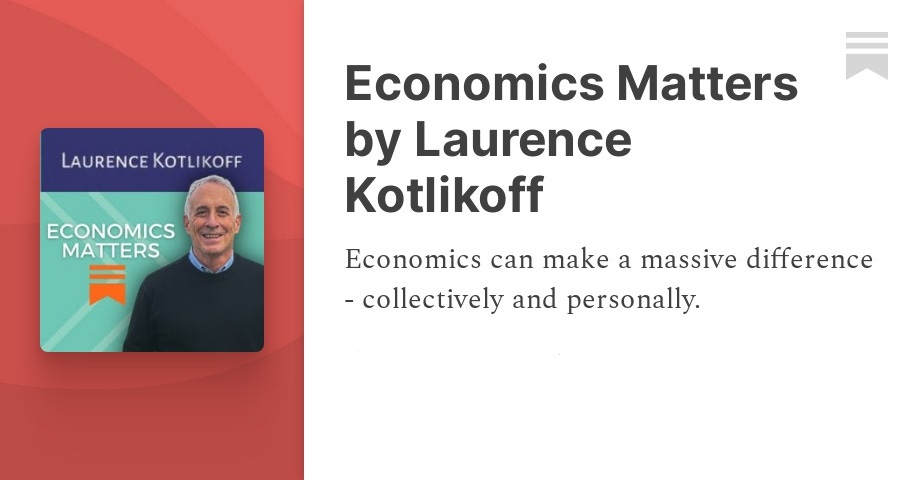Turmoil is rocking the artificial intelligence industry. Business leaders developing an AI strategy should—in most but not all cases—continue as before the recent big news.
The board of OpenAI fired Sam Altman as CEO on November 17, and the company’s president, Greg Brockman, resigned soon after. Three days later, Microsoft announced, “Sam Altman and Greg Brockman, together with colleagues, will be joining Microsoft MSFT -1.2% to lead a new advanced AI research team.”










